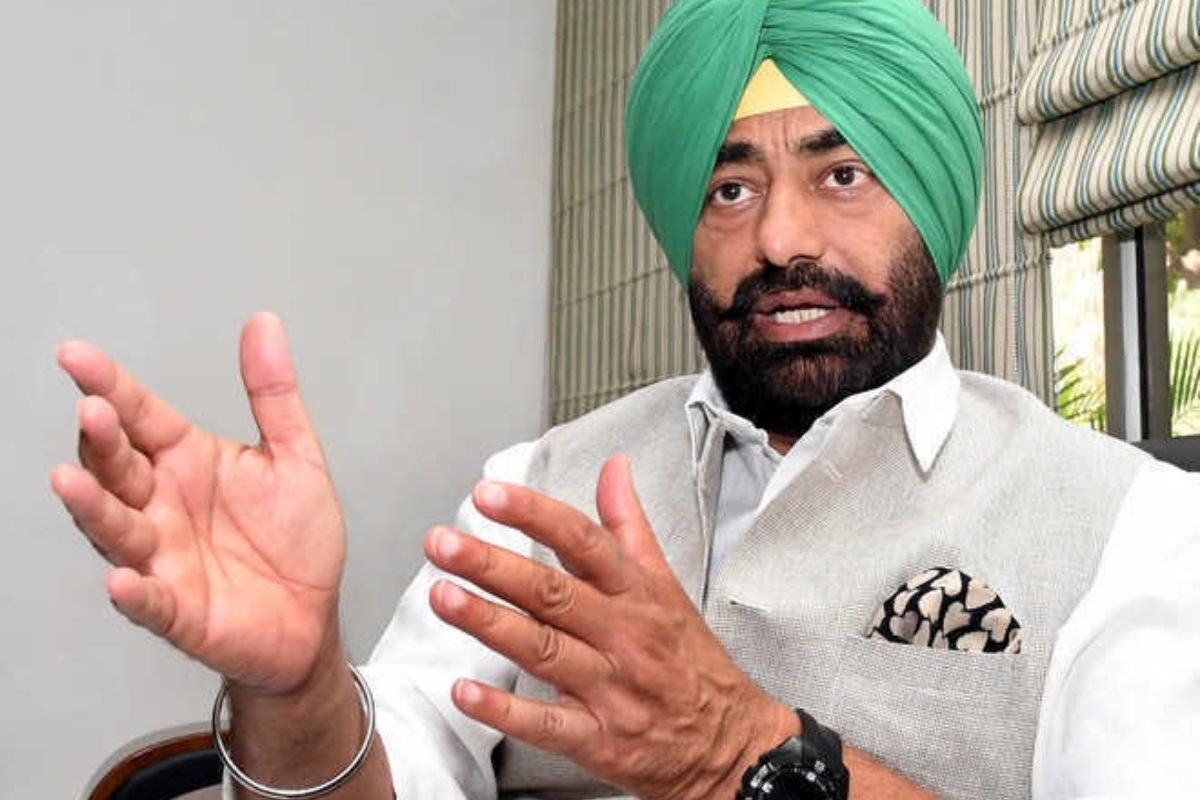Congress leader and Bholath legislator Sukhpal Singh Khaira was on Thursday granted regular bail by the Punjab and Haryana High Court in an NDPS case.
Khaira had sought bail after his alleged involvement came to light during an investigation into possible NDPS Act violations by a new special investigative team.
Advertisement
Justice Anoop Chitkara found the evidence gathered against the petitioner was flimsy ground and not convincing.
The state argued before Justice Chitkara’s Bench that the amount of contraband in question belonged to the commercial category and that the state had gathered enough evidence to establish prima facie involvement of Khaira in the drug trade and the connection with the global mafia.
Notably, the case in which the police arrested Khaira on September 28, 2023 was traced back to March 5, 2015.
The state argued that the investigator had highly credible and top-secret intelligence indicating the presence of an international drug cartel operating near the Pakistani border. Harbans Singh, a landowner on the border between India and Pakistan, was using his proximity to Pakistan to facilitate narcotics smuggling.
After completing the procedural requirement, law enforcement officers raided the location and took large quantities of heroin, gold, and firearms from the numerous suspects. Following the investigation’s conclusion, the investigator filed a police case against 11 accused in accordance with CrPC Section 173(2).
However, the petitioner was neither named as an accused in the case, nor in the report under Section 173 of the CrPC.
Justice Chitkara’s observation on the case was: “Given the background, the calls between the petitioner and his PSO, PA, and a handler from the UK; the disproportionate money which the Enforcement Directorate has already seized; absence of any recovery or any incriminating evidence during the petitioner’s custodial interrogation; and the evidentiary value of a disclosure statement made by a co-accused, whose pardon has been approved, and the absence of any other evidence connecting the petitioner, it can be inferred at this stage that for the purpose of satisfying the rigours of Section 37 of NDPS Act, the petitioner cannot be said to be prima facie guilty for any allegations….This court will put very stringent conditions in this order to ensure that the petitioner does not repeat the offence.”











